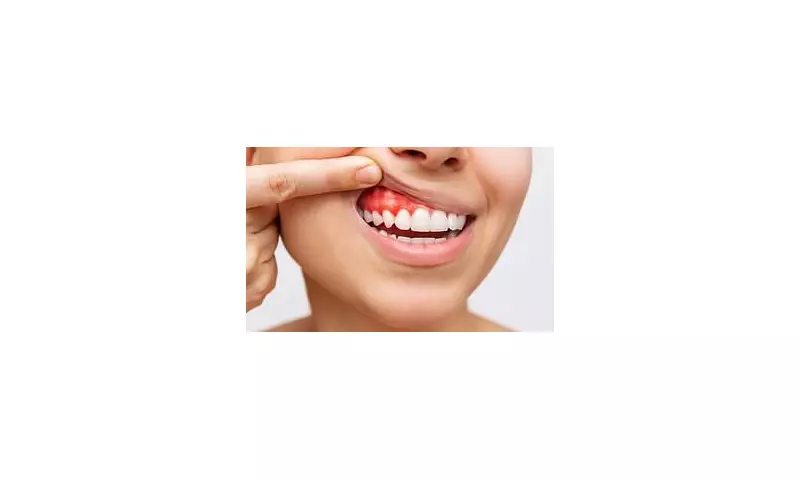
In an era dominated by whitening toothpastes, strips, and UV-lights, achieving a dazzling Hollywood smile has never been more accessible. However, this focus on aesthetics often distracts from a more insidious threat lurking in our mouths: plaque. This sticky bacterial film poses serious risks to our teeth and gums, regardless of how white they appear.
Dr Kanir Bhigal, principal dentist and founder of Revive Clinic, warns that plaque is the root cause of a cascade of oral health issues, from bad breath to tooth loss. The severity of its impact, he explains, hinges on how we tackle it in its initial stages and the effectiveness of our body's first line of defence: the immune system.
The Domino Effect of Plaque on Your Health
Plaque is far from a simple nuisance. Dr Bhigal describes it as a thick, sticky film that clings stubbornly to tooth surfaces. The bacteria within it feed on leftover food and sugar, producing adhesives that make it difficult to remove without professional intervention. Once it accumulates along the gumline, these bacteria release acids and toxins that begin to damage gum tissue.
How your body reacts to this invasion is partly down to genetics, but general oral hygiene, diet, smoking, and alcohol consumption are major influences. For some, the combination of bacterial plaque and the body's inflammatory response can cause teeth to become loose and eventually fall out. For others, it may simply mean more frequent trips to the hygienist.
The danger doesn't stop in the mouth. Bacteria from plaque can travel through the bloodstream, affecting every major organ and triggering wider health issues through a chronic inflammatory response known as systemic inflammation.
Six Warning Signs of Dangerous Plaque Buildup
Dr Bhigal highlights six key symptoms that signal a problematic accumulation of plaque.
Gum Irritation: The first signs are typically puffy, swollen, and bleeding gums. This is your immune system sending defence signals to the area. Prolonged inflammation can cause gum tissue to detach from the tooth, forming periodontal pockets where harmful bacteria thrive, ultimately leading to tooth loss.
Persistent Bad Breath: Also known as halitosis, this is often caused by bacteria feeding on leftover proteins and releasing foul-smelling volatile sulfur compounds. Contrary to popular belief, alcohol-based mouthwashes can worsen the problem by drying out the mouth, reducing saliva production which naturally cleanses the mouth.
Enamel Wear: As plaque metabolises sugars, it erodes tooth enamel—the hardest tissue in the body, which cannot repair itself. This thinning exposes the sensitive dentin underneath, leading to increased sensitivity, a higher risk of cavities, and discolouration.
Tooth Loosening: When plaque hardens into tartar, it creates a rough surface that allows more bacteria to cling on. This can cause gums to recede and connective tissue to break down, resulting in loose teeth that may eventually fall out due to lack of support.
Early Gingivitis: This first stage of gum disease is characterised by swollen and bleeding gums where inflammation is restricted to the gum tissue. If left untreated, it can cause persistent soreness that makes brushing painful. The damage at this stage is still reversible with proper care.
Bone Loss Risk: If gingivitis escalates to severe gum disease (periodontitis), it can affect the jawbone and the tissues securing your teeth. Chronic inflammation releases enzymes that break down bone and tissue, leading to wider gaps between teeth, changes in bite, and tooth misalignment.
Your Defence Against Plaque
Dr Bhigal's advice is clear and urgent. The best way to prevent this destructive chain of events is by maintaining impeccable oral hygiene and scheduling regular professional cleanings. While managing advanced gum disease can cost over £6,000 for implants and dentures, the irony is that prevention is free if we brush and floss correctly every day.
Protecting your oral health is not just about preserving a beautiful smile; it is a vital investment in your overall wellbeing.






